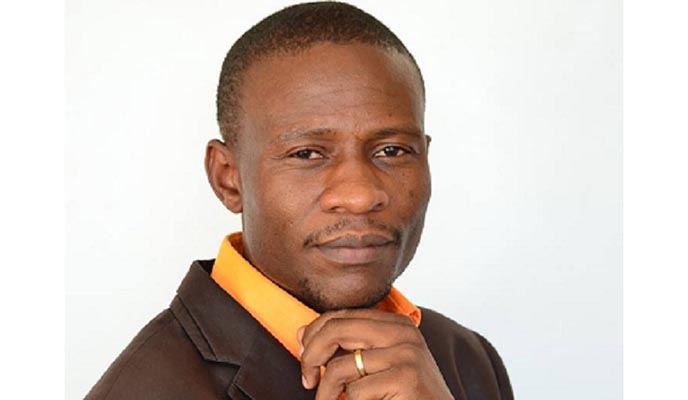
SUCCESS LIFE: Jonah Nyoni
The leader should enjoy the ride as , but he must not forget that there are issues that have to be dealt with decisively. At times we are not taught at university about how we can deal with certain situations. As an author, I’m confronted with issues that need attention; not only that, but also a specific skill. For instance, one reader of this column called me to know how he could deal with a conflict issue that he was having against the leader. The leader was resorting to force and authoritarianism, to the demise of the morale at the workplace.
It’s an open secret that we are being confronted by new realities, technological alterations, economical upheavals, climatic uncertainties and new social setups! We shouldn’t be caught on the wrong side of things. The most dangerous and unfortunate aspect that some companies should confront head-on are so-called “bosses” or “managers” who tower above like dinosaurs, but are unequipped to survive and salvage this kind of atmosphere we now live in. All these need skill and a conducive mindset. I will employ Henry Mintzberg (1973) for his top leadership skills, particularly where he says leaders need to deal with some of the issues below:
Skill #1: Conflict resolution
Conflicts are inevitable and they are the ones that bring psychological stress. The leader should be on a stand to mediate and calm down disturbances. This could happen at a worker-to-worker level, worker-to-leader level, at a worker-to-company level or company-to-company level. Conflicts, if improperly handled, could spill into lawsuits. Conflicts take creative and careful thinking.
Skill #2: Decision making
A leader’s major role is to make quality and beneficial decisions. Problems come up and the leaders at times have to make risky decisions. The leader has to find solutions to problems that have arisen. When those decisions don’t bear fruit, the leader has to take full responsibility and be prepared to revisit his decision, The leader is employed to think.
Skill #3: Resource Allocation
- Chamisa under fire over US$120K donation
- Mavhunga puts DeMbare into Chibuku quarterfinals
- Pension funds bet on Cabora Bassa oilfields
- Councils defy govt fire tender directive
Keep Reading
Every organisation has resources. These could be human, material or monetary. The leader has to decide, among the alternatives what to use and where to use it.
Skill #4: Peer relations
The leader has to have the ability to start and retain networks with peers. With peers, the leader gets a chance to share their aspirations and even problems with people of like mind. For sure, it’s at times lonely at the top because there are a few people there and the leader has to have other leaders to liaise with.
Skill #5: Information Processing
Information is the backbone of any company. The leader has to have appropriate information, interpret the information and disseminate it timeously to all relevant recipients or stakeholders.
Skill #6: Introspection
The leader needs the skill to assess and understand the impact of workers and leaders to the organisation. That will determine the effectiveness in the execution of duties. Similarly, self-introspection is a must. This is an analytic re-look at the whole activity of the organisation: How is it performing? Why? The people and the processes. What should have been done? and How do we go forward?
Skill #7: Entrepreneurial skills
Today’s leader needs to be creative and inventive. An entrepreneurial mindset helps prepare one for change and sensible risk-taking. Profits are possible when there is an entrepreneurial spirit.
Skill #8: Leadership
This is the heart-beat to the whole maze of leadership. Lead, lead, and lead. It takes a skill to deal with subordinates, team players, or partners. Power and authority come not only with money, but also with responsibility. The leader’s power is for purposes of empowering others.
Parting Point: Jeffrey Pfeffer, in the book Leader to Leader (1999: 285), says: “In today’s world, knowledge and capability have become keys to success because everything else- product offerings, marketing, strategy, sourcing schemes- is easily acquired or imitated. Putting people first, or at least taking people issues seriously, is more important than ever. But implementing high-commitment practices requires a different view of management and competitive advantage. From this perspective, leaders build systems — that build distinctive competence and capability and that, because of their internal coherence, are robust even as the competitive landscape and the macro-economic environment change”
Jonah Nyoni is an author, success coach and certified leadership/business trainer. He is the author of Inspiration for Success and Success Within Reach.











